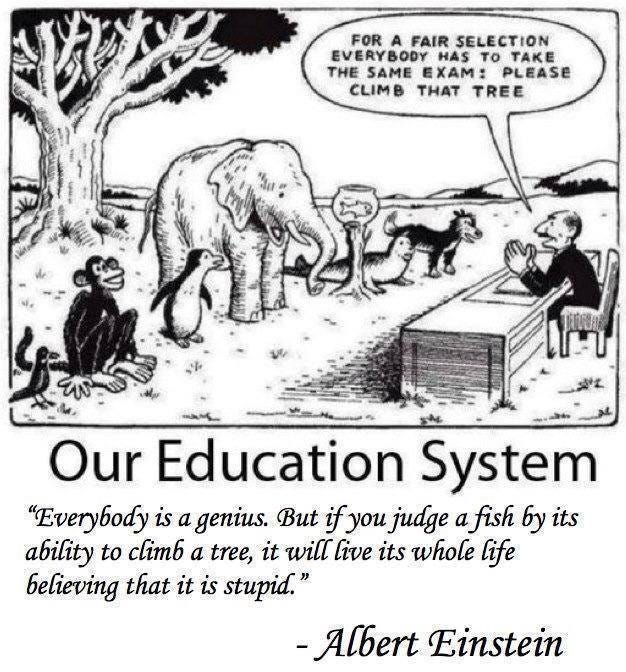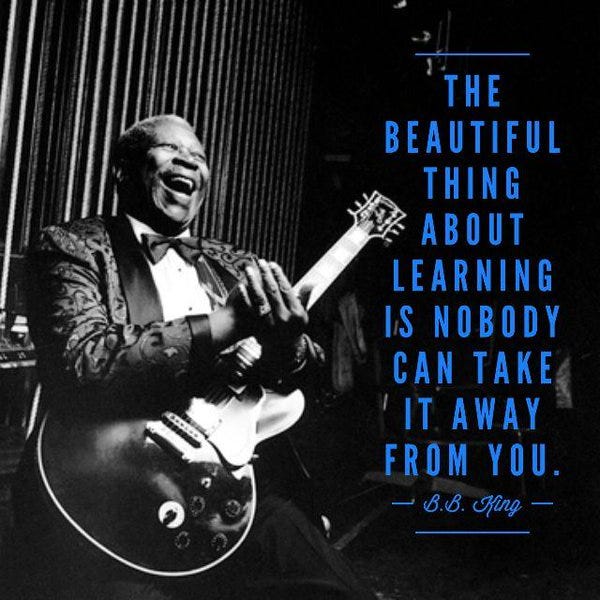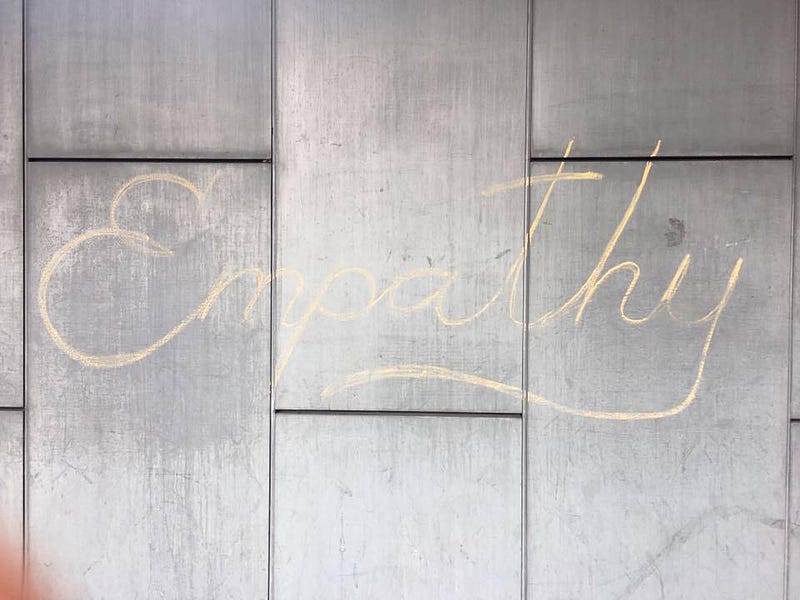
Remember the days when learning was all about hours and hours of studying, procrastination, cramming and more procrastination? Me too.
Back at school and all through university learning felt like a chore. I went to a great school, had wonderful teachers and every opportunity in the world. The truth was though that like many thousands of young people, I was burnt out and stuck in a system that didn’t fit my learning style. I was desperately trying to fulfil society’s expectations of me.

The education system hasn’t changed since the industrial revolution but there are a few problems with that. Firstly there’s the fact that we no longer require the “bring them in and spit them out” style of education for the jobs of today. Secondly, it limits the kind of creativity that really is the future and present of the world of work. Finally, and possibly most importantly, if you’re not the kind of person that thrives on this kind of learning then you’re going to get left behind.
It wasn’t until I left the education system that I realised the power of personal development. It was only after I had left “real” learning that I discovered a way to fall back in love with learning.
Leaving the education system allowed me to fall back in love with learning.
So as a born-again learner, I want to share with you some great reasons to jump back on the bandwagon. Honestly, there are a million reasons why learning is great. Here are five of my favourites.
1. It improves confidence

One of the most memorable moments of my life happened a (fair) few years ago when I delivered my first leadership program. During the weeks leading up to the program, I was filled with a mix of fear and dread at the thought of standing in front of a room full of business leaders and for them to realise that I didn’t know a thing. It was a fear of being found out as the fraud I was sure I was.
On the morning of day one, I tentatively navigated my way through my material. As the day progressed I felt the energy in the room grow palpable as business leaders from all across the country shared, learned and most importantly demonstrated their belief in me to help them achieve their goals.
During an activity after the lunch break, I took a moment to look out over the room full of my “superiors.” It was in that moment that everything changed. That was the moment that I realised that all of the years of learning and developing my skills had made me great at what I did. That was the moment when I first rode the wave of self-belief and at least as a learning facilitator, I’ve never looked back.
“That was the moment that I realised that all of the years of learning and developing my skills had made me great at what I did.”
In a previous life, I would have said that it’s arrogant to speak such things but I’ve come to realise that it’s absolutely fine, if not necessary, to have a quiet sense of self-belief and confidence.
Self-confidence is increased by a strong sense of self-belief and competence. We can develop our competence and knowledge with learning and experience. Having confidence and trust in your ability can also increase your energy, influence, emotional intelligence and has been linked to higher salaries. A winner all round!
2. It keeps you in the game and grows your career
It’s common knowledge that jobs are changing and we’re working longer into our lives. The workplace of today won’t be anything like the workplace of tomorrow. Think about it. What was the first job you ever had? If you starting working over 10 years ago and like most you, got your first gig at the local supermarket or fast food chain, then chances are the job you had is a job that won’t exist in another 10 years.
“I decided everything was going to be a learning experience, and I was going to make good use of every single moment of every single day.” — Terry Crews
According to most future of work stats, the workplace of 2025 will be remarkably different from the workplace of today. Up to 50% of jobs as we know them will no longer exist and many of the most fundamental are yet to exist. So how will you stay indispensable in 20, 30 or even 50 years? Continuous learning protects us from becoming irrelevant, gives us options and allows us to stay ahead of the curve.
3. Makes you less risk averse
If I told you to put your entire life savings on black, you’d probably tell me where to go, right? We’re right to go into a risky situation without blind trust but at the same time, we don’t want to be completely risk averse. That’s really going to hold us back.
If everyone was flat out risk averse, we’d never have Virgin Airlines or Tesla. We wouldn’t know the sweet smell of percolating coffee and we certainly wouldn’t have poached eggs with our smashed avo. We need to be somewhat comfortable with risk. It allows us to push boundaries, get comfortable with a little failure, and be our best selves.

The more we know the more adaptable we become. Risks become more calculated when we have the knowledge to back them up. We’re more likely to take the right risks which can help us achieve our unrealised potential.
4. It’s great for your health
Learning is a great way to increase both brain plasticity and cognitive function decreasing the risk of Alzheimer’s and dementia. There’s plenty of ways to learn and get these benefits and you can make it even more entertaining with puzzles. Puzzles such as crosswords, sudoku and even the old Rubik’s cube increase information recall, stimulate reasoning and increase problem-solving ability.
As if we needed an excuse to play games.
As an additional benefit, learning can also decrease symptoms of depression as the reward of learning something new increases dopamine levels thus making us happier.
5. It creates more empathy in our world
This one’s my personal favourite. Imagine living in a world where everyone really valued and appreciated what makes us all unique.

Someone recently told me that I should start a career interviewing people because I asked a lot of questions. Was this a backhanded compliment and were they really mocking me? I spend a while thinking about this. I realise now that I do ask waaayyy too many questions. BUT, the reason is this, I love learning about people and I’ve come to see this as one of my qualities and no longer one of my annoying habits.
Learning increases our understanding of the people and world around us, challenges our beliefs and opens our mind. Most importantly, it creates empathy as we learn and values differences. Take time to learn about different cultures, religions, other peoples’ passions. Whatever it is, the more you open your mind to what you don’t know, the better.
The world could do with a little more empathy right now so what are you waiting for? Start learning!
Bx





.png)


